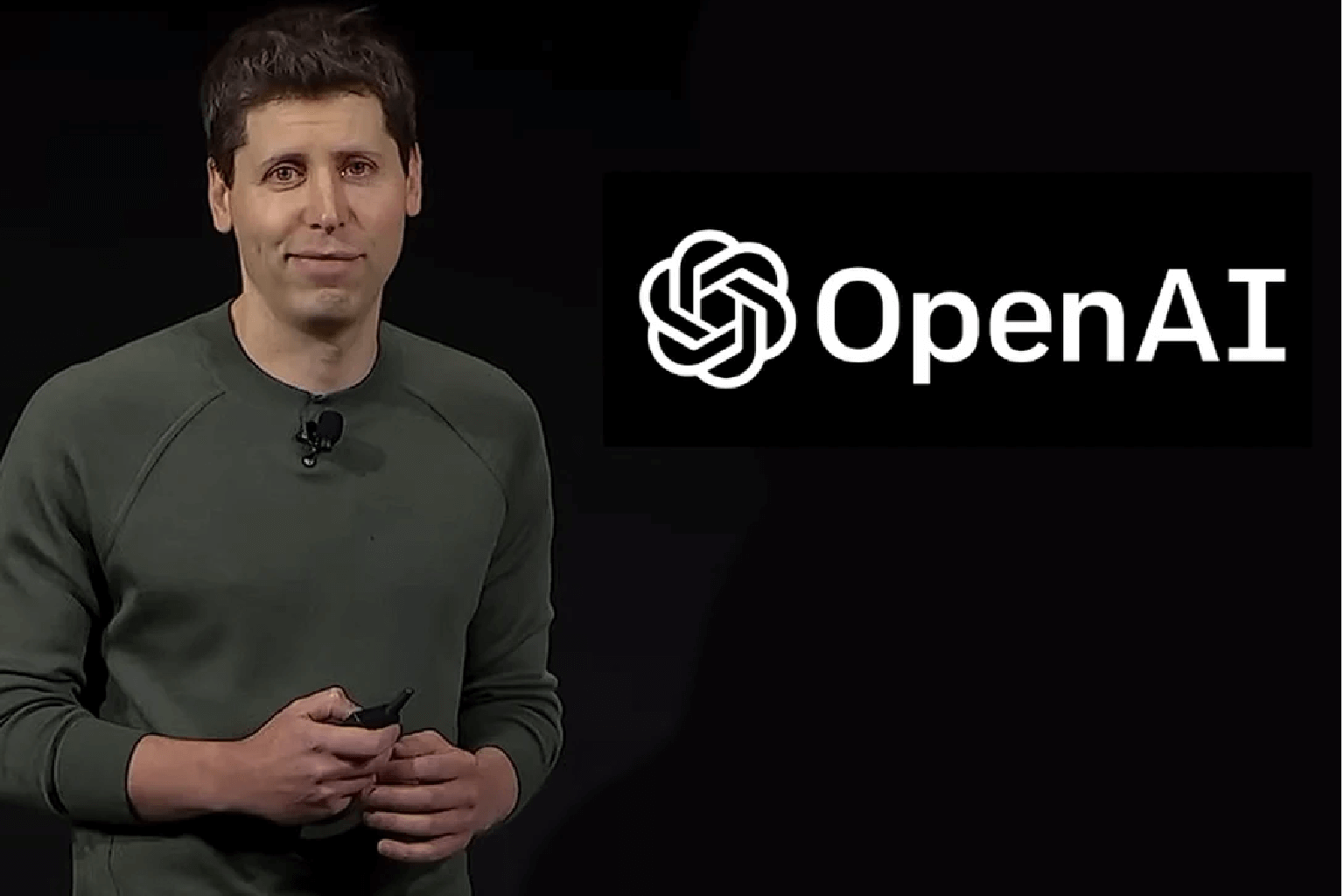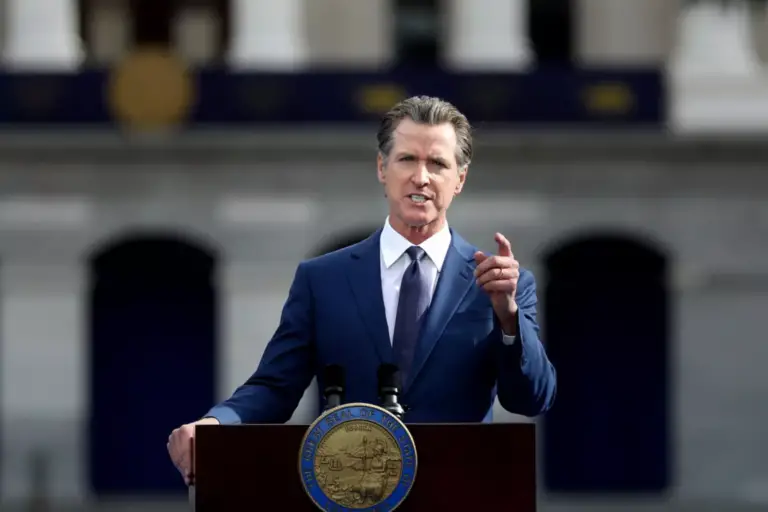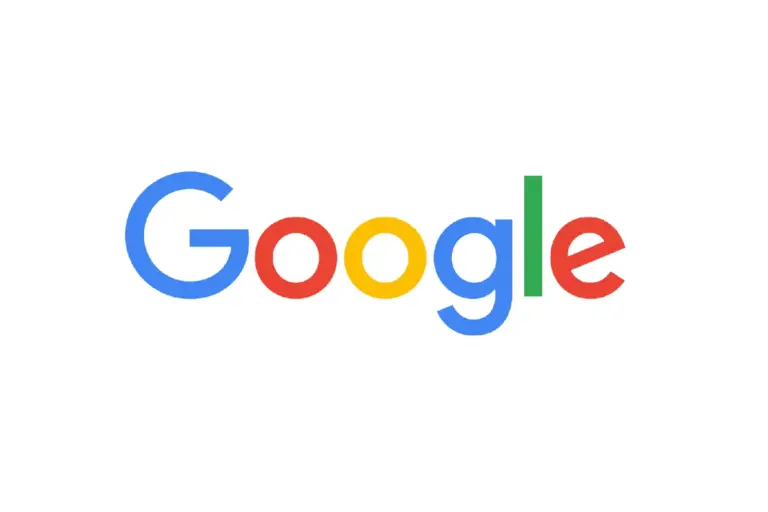
Sam Altman Steps Down from OpenAI’s Safety Committee – What’s Next for AI?
OpenAI’s board leadership change comes after regulatory scrutiny, employee departures, increased lobbying, and concerns about balancing AI safety and profit as the company approaches a $6.5 billion funding round.
Professor Zico Kolter at Carnegie Mellon, Quora CEO Adam D’Angelo, retired U.S. Army General Paul Nakasone, and former Sony EVP Nicole Seligman, who are on OpenAI’s board of directors, will now lead the committee. This change comes after U.S. lawmakers recently examined OpenAI’s safety measures and raised concerns about its stance on AI regulation.
Altman resigned after five U.S. senators questioned OpenAI’s rules, and it was said that many employees who worked on long-term AI risks had left the company. OpenAI also spends a lot more on lobbying the federal government. They have set aside $800,000 for the first half of 2024, up from $260,000 the previous year.
The committee just finished reviewing OpenAI’s newest AI model, o1, after Altman left. They will continue to receive regular updates on safety assessments. They retain the authority to delay the release of AI models until safety issues are resolved.
Concerns Over OpenAI’s Self-Regulation
Helen Toner and Tasha McCauley, two former OpenAI board members, wrote an opinion piece for The Economist in May in which they expressed concerns about the group’s ability to regulate itself. “Based on our experience, we believe that self-governance cannot reliably withstand the pressure of profit incentives,” they told us.
OpenAI is getting more and more focused on making money. Reports say that the company is close to getting more than $6.5 billion in funding, which would make it worth more than $150 billion. According to reports, OpenAI is considering abandoning its current hybrid nonprofit structure to secure the investment. We put this structure in place to protect investors and ensure the company stays true to its mission of developing artificial general intelligence for the benefit of all people.


